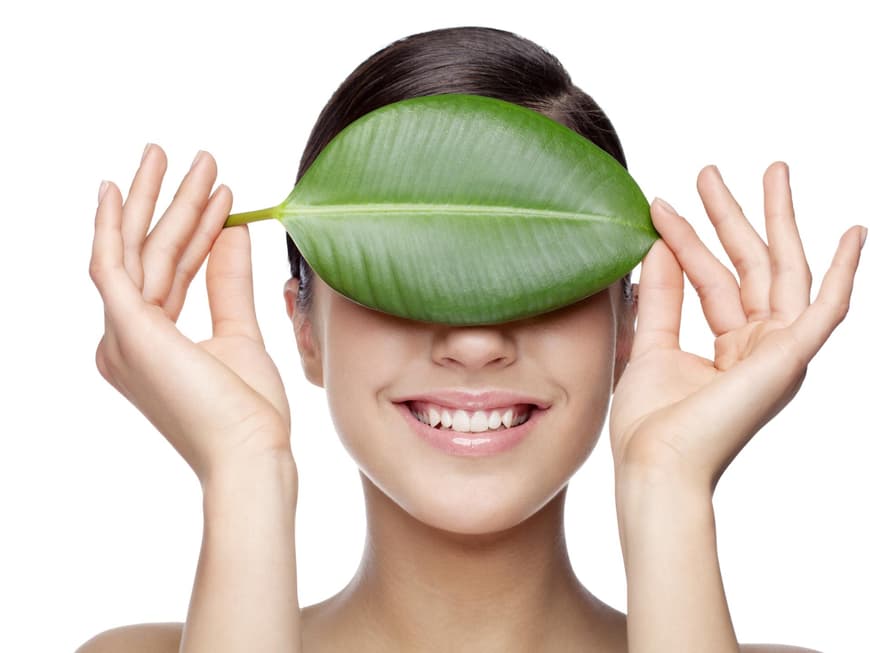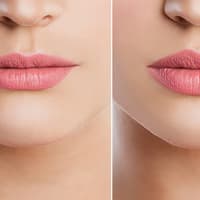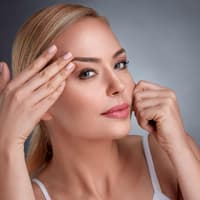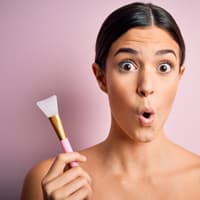
Natural cosmetics have long since shed their somewhat dusty eco-image. Today, the "greens" present themselves with a cool aura - in terms of designs and textures. But suddenly creams & co. carry the claim "vegan". What does that mean again, or is it just the same thing? Which cosmetics are vegan?
Naturally beautiful: What exactly does "vegan" mean?
These products are characterized by the fact that no animal material is used in their manufacture and the products may not be tested on animals. Vegan cosmetics are predominantly based on renewable plant-based raw materials. But is it that simple?
In general, any animal-based ingredient can be replaced by a suitable plant-based ingredient. For example, beef tallow can be replaced by olive oil, gelatine by alginate from seaweed or apple pectin, colorants such as carmine from scale insects by beet and collagen and elastin by soybean extract
explains Marita Ganter, Head of Development at the new Bio Végane Skinfood brand.
Organic, natural, vegan: these are the differences
When cosmetics are vegan, no animal products are used in their production, but they are not completely natural. "The ingredients must not be from animals, but vegan cosmetics, like conventional cosmetics, can contain synthetic raw materials," says the expert. With natural cosmetics, manufacturers undertake to use natural ingredients, in varying proportions depending on the label. "Natural cosmetics can also contain animal substances such as lanolin or beeswax. However, genetic engineering, radioactive radiation, synthetic fats, oils, waxes, silicones and mineral oil are not used in production," explains Dr. Ganter. Organic is also a big issue in the beauty industry. "Depending on the label, care is taken to ensure that all or at least a certain, large proportion of the active ingredients used come from controlled organic cultivation," says the scientist. The "natural" category includes many labels that do not use certain substances such as parabens or silicones, but only use natural ingredients in part.
Reaching the limits: What vegan can't do
"Intense colors and bright neon shades can hardly be achieved with natural substances and natural pigments," says the expert. For a long time, there were no vegan mascaras because even natural cosmetics brands with a vegan affinity had to rely on animal substances such as beeswax for their production. Vegan mascaras are now possible: brands such as Benecos, Ilia and Hiro offer them and use carnauba wax instead.






